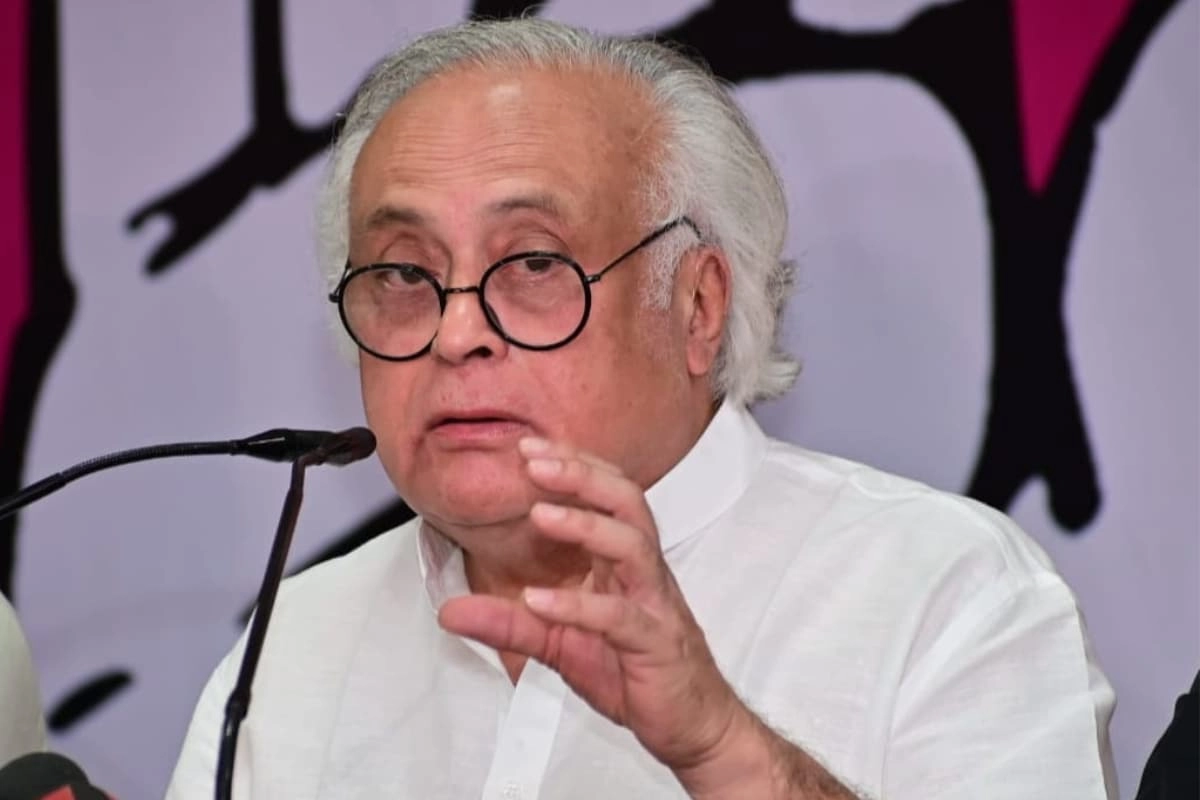BJP MP Ravi Kishan has recently sparked a conversation about the need for a new law to regulate food prices, using the popular snack samosa as a relatable example. In a discussion aimed at addressing the rising costs of essential food items, Kishan highlighted the significant price fluctuations that have been affecting consumers across the nation. He pointed out that the cost of ingredients for making samosas, such as potatoes and flour, has seen considerable increases, which directly impacts the final price of this beloved snack. By using a common food item as a benchmark, Kishan effectively illustrated the everyday struggles faced by families when it comes to managing their food budgets.
The proposal for a new law stems from a broader concern over inflation and the economic pressures that many citizens are currently experiencing. Kishan’s call for regulatory measures reflects a growing sentiment among lawmakers to ensure that basic necessities remain affordable for all citizens. The discussion around food prices is particularly timely, as many households are feeling the strain of rising costs, which can lead to difficult choices regarding what to buy and how to allocate limited resources. By advocating for legislative action, Kishan aims to create a framework that would protect consumers from abrupt price hikes and ensure stability in the food market.
In a country where food is not just a sustenance but also a significant aspect of cultural identity, the implications of fluctuating prices can be profound. The samosa, a staple snack enjoyed by millions, serves as a powerful symbol of the broader economic issues at play. Kishan’s approach not only brings attention to the specific problem of rising food costs but also calls for a larger conversation about food security, agricultural policies, and consumer rights. By framing the issue in terms of a beloved national snack, he has engaged a wide audience, making the topic more accessible and relatable to everyday citizens.
Ultimately, the discussion initiated by Ravi Kishan underscores the importance of proactive governance in addressing economic challenges. As the government considers the implications of food price regulations, it will be crucial to balance the interests of consumers, producers, and the overall market. Whether through the introduction of new laws or the adjustment of existing policies, the focus must remain on safeguarding the economic well-being of citizens while promoting a fair and equitable food distribution system. This initiative could set a precedent for future legislative efforts aimed at improving the quality of life for all, reinforcing the idea that food security is a fundamental right.




